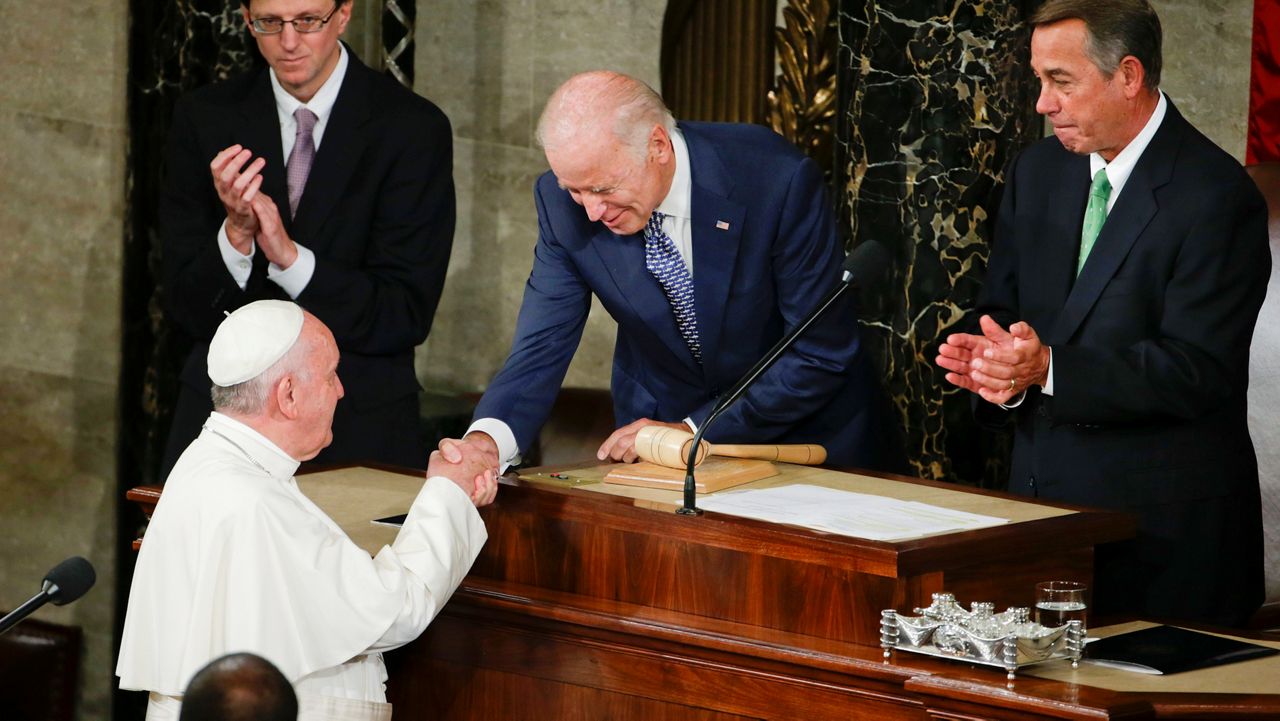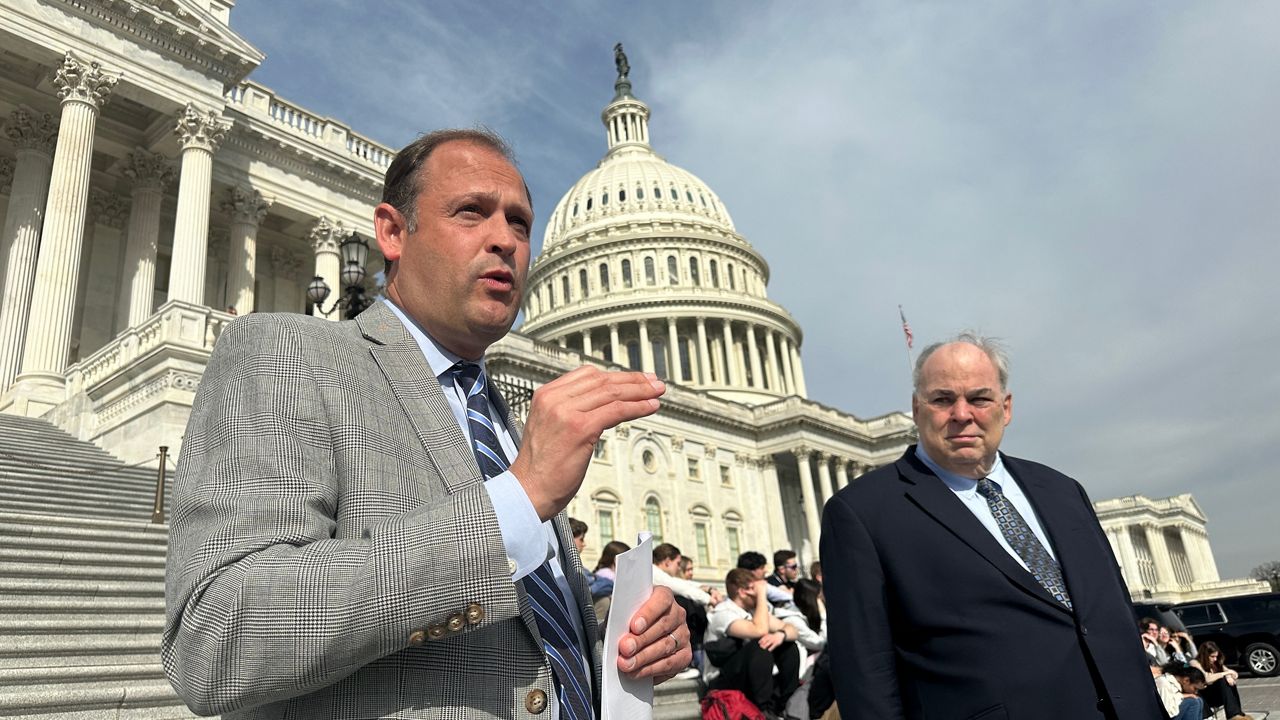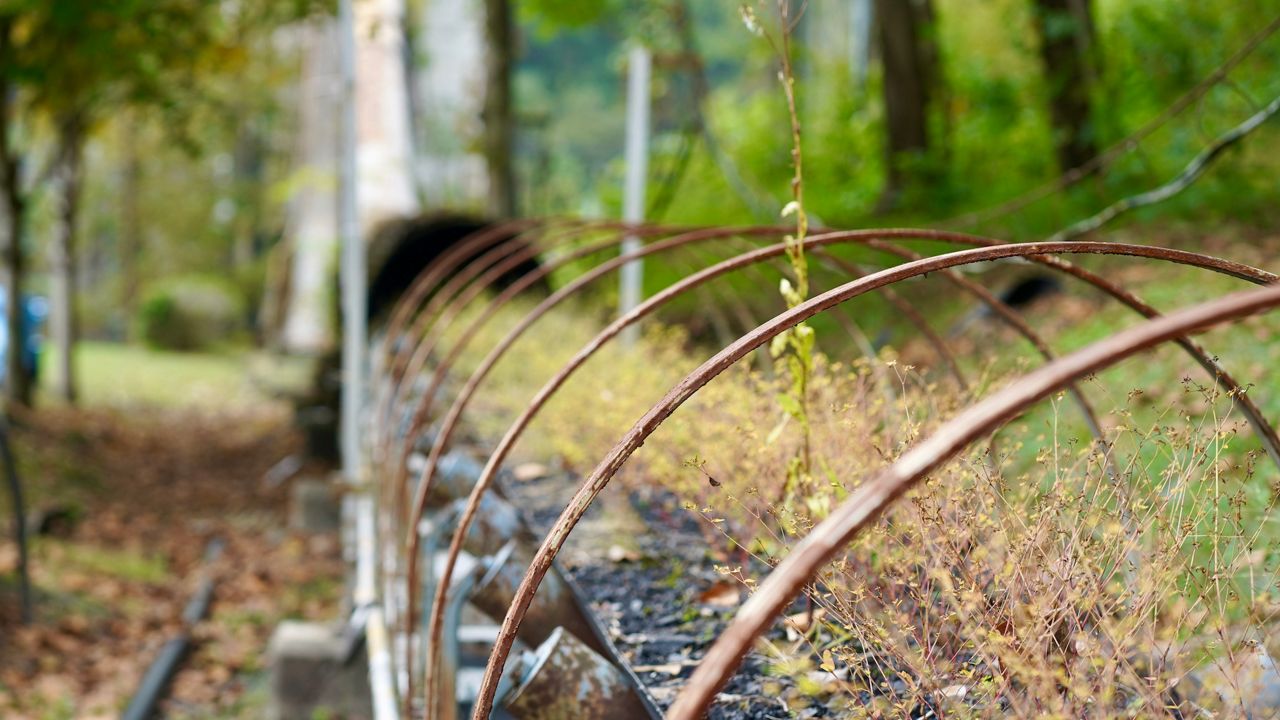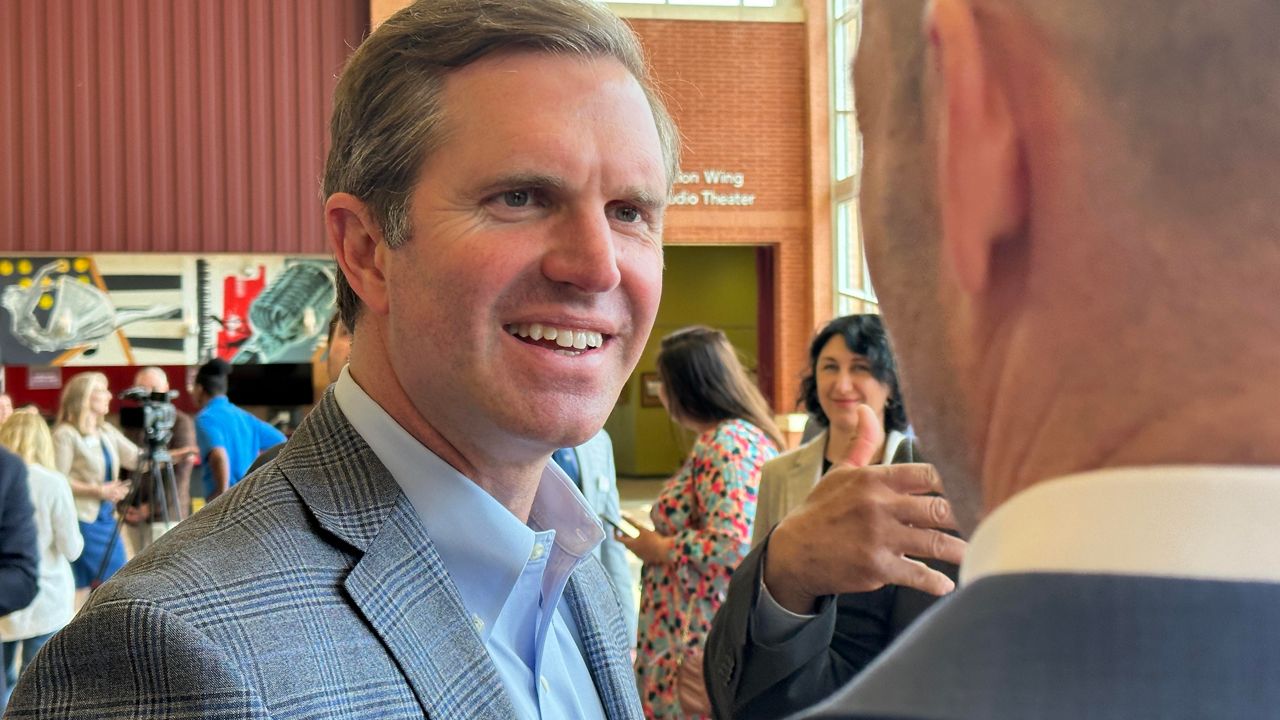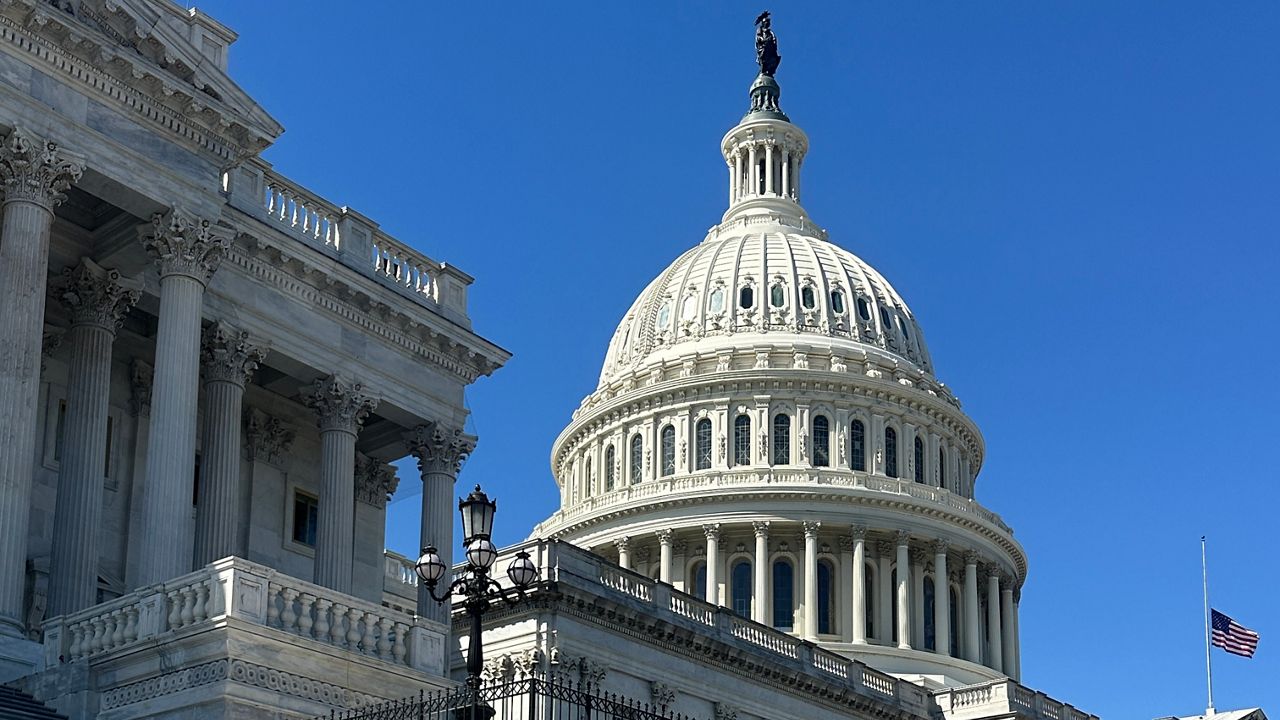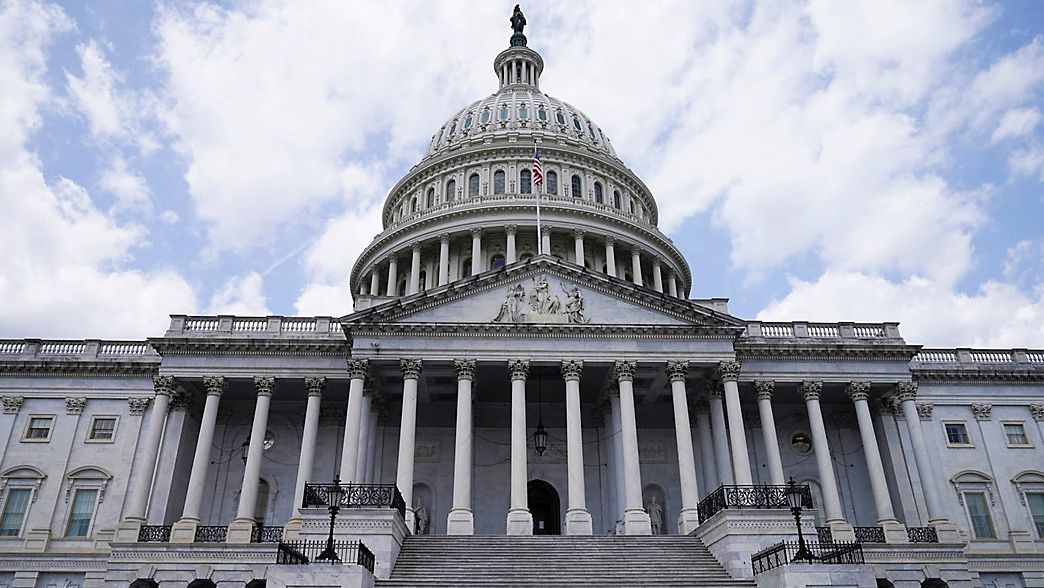WASHINGTON — Gov. Andy Beshear, D-Ky., announced last week that more than $37 million in federal funding from the Substance Abuse and Mental Health Services Administration will go to the Kentucky Overdose Response Effort (KORE).
KORE, which began in 2017, funds organizations like Louisville Recovery Community Connection.
LRCC provides peer support for people in recovery and supplies like the overdose-reversing drug naloxone and fentanyl test strips, said program manager Daniel Harvey.
“People can die just off of one relapse, and you can't help people if they're dead.”“The reality of the overdose crisis in Louisville is that it can affect anyone, any family and everyone without them knowing,” he said. “People can die just off of one relapse, and you can't help people if they're dead.”
Louisville Metro Department of Public Health and Wellness community health administrator Ben Goldman said KORE dollars pay for nearly every dose of naloxone the department distributes, including through the free vending machine installed at the exit lobby of the city jail last year.
“Locally, KORE funds for our department have been used in the past and currently, to support our medication for opioid use disorder program currently operating inside of Louisville Metro Department of Corrections and our overdose quick response team, so those are obviously programs that we see as critical to the strategy to prevent overdoses,” Goldman said.
Although Kentucky saw a nearly 10% decrease in overdose deaths last year, the number of Black overdose victims increased, according to a state report.
Harvey and Goldman said that highlights the work left to do and the need for the programs KORE funds.
To find facilities and providers taking new clients, visit this website.







